Managing a condominium association can be both rewarding and challenging, requiring a balance of various skills and a deep understanding of community needs. In this blog, we’ll explore some common challenges faced by condominium association managers and provide helpful tips on how to successfully navigate them.
The Importance of Clear Communication
Effective communication is the cornerstone of successful condominium management. It ensures all residents are on the same page and can voice their concerns or suggestions. Regular updates through newsletters, emails, or meetings can help maintain a transparent relationship between the board and the residents.
Open forums and feedback sessions can be invaluable tools for fostering dialogue within the community. Encouraging residents to participate in meetings or have their voices heard can significantly improve community morale. Additionally, employing digital platforms for communication can ensure that important information reaches all residents promptly, preventing misunderstandings.
Onboarding new residents with a comprehensive welcome packet can help set a positive tone from the start, ensuring they feel informed and included in community activities. An integral part of communication is also listening actively to resident concerns. This approach not only solves problems faster but builds trust and rapport within the community.
Managing Financial Responsibilities
Handling finances is one of the most pressing tasks in condominium management. Creating and adhering to a budget is crucial for the maintenance and improvement of the property. It’s important to engage with experienced financial advisors and regularly review financial statements to ensure accountability and transparency.
Reserve funds are another critical aspect of financial management. These funds ensure that the association can handle unexpected expenses without compromising the community’s financial health. Regular audits and fiscal reviews can provide insights into spending patterns and highlight areas for potential savings.
Furthermore, educating board members and residents about financial management can help align the community’s financial goals. Workshops or informational sessions led by financial experts can demystify complex financial concepts, providing everyone with a better understanding of the community’s economic standing and needs.
Understanding Legal Obligations
Navigating the legalities of condominium association management requires a firm grasp of the relevant laws and regulations. Staying informed about changes in legislation and working with legal experts can help prevent legal issues and promote compliance.
Each condominium association is governed by a set of covenants, conditions, and restrictions (CC&Rs), as well as bylaws and local state laws. These documents outline the rules for everyone living in the community. Regularly reviewing these documents can ensure they remain relevant and legally compliant as laws evolve.
Creating a strong partnership with a legal advisor can offer invaluable support when dealing with contracts, insurance, and liability issues. These experts can provide guidance on risk management, ensuring that the association is well-prepared to handle any legal challenges that arise.
Resolving Conflicts Peacefully
Conflicts are inevitable in any community setting, but how they are managed makes all the difference. Mediation and a clear dispute resolution policy can be useful tools in addressing and resolving conflicts. Encouraging a culture of respect and understanding can foster a more harmonious living environment.
Developing conflict resolution skills among board members can be a great asset. Training sessions in negotiation and mediation can equip them to handle disputes diplomatically, ensuring that tensions are resolved amicably. Furthermore, creating an open-door policy can encourage residents to express their concerns before they escalate into larger issues.
Hosting community-building events can also promote goodwill and understanding among residents. These gatherings offer a friendly platform for residents to engage with one another, reducing the likelihood of misunderstandings and fostering a strong sense of community.
Effective Operational Management
Operational management involves ensuring all day-to-day activities run smoothly. This includes managing maintenance requests, overseeing staff, and ensuring compliance with community rules. Using management software can streamline processes and enhance efficiency.
Regular maintenance schedules and inspections are key to keeping the property in top condition. Prioritizing preventative maintenance can avoid costly repairs down the line. Clear guidelines and checklists can ensure no task is overlooked, contributing to a safer and more pleasant environment for all residents.
Effective operational management also involves harnessing technology to enhance service delivery. Implementing a digital platform for residents to submit maintenance requests or pay dues online can simplify processes and improve overall satisfaction. Embracing these innovations can lead to more efficient community management.
Thriving in Condominium Association Management
Condominium association management comes with its set of challenges, but with the right approach and mindset, these challenges can be effectively managed. By focusing on clear communication, thorough financial planning, legal understanding, conflict resolution, and operational management, you can create a thriving and harmonious community. To learn more about how our services can support your condominium association management, visit our homepage.






